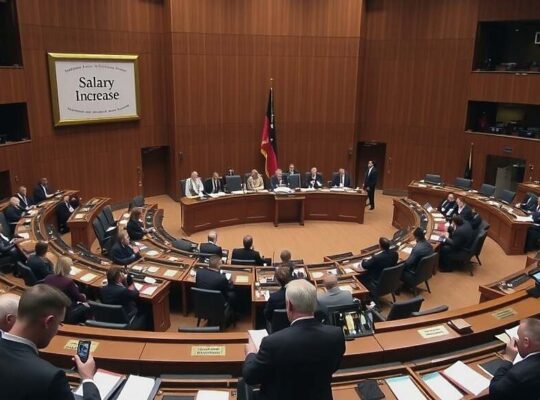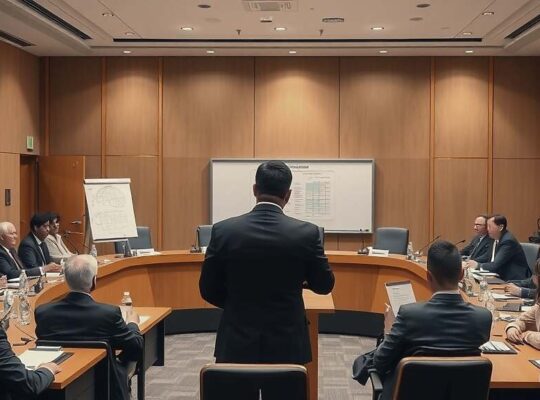German Economist Argues for Increased Productivity and Welfare System Overhaul
A prominent German economist is sparking debate with a forceful argument for increased working hours and a significant restructuring of the nation’s social welfare system.. Hans-Werner Sinn, known for his critical analysis of the German economy, has asserted that Germany lags considerably behind global competitors in terms of annual working time, a situation he attributes to an excessive number of public holidays and generous vacation allowances.
Sinn’s comments, delivered in an interview with Focus magazine, reflect a growing concern within some political circles regarding Germany’s declining competitiveness and a perceived decline in work ethic. He contends that the current system, built on a legacy of post-war social protections, is now hindering economic growth and fostering a culture of dependency.
The economist’s analysis extends beyond simply reduced vacation time. He points to a problematic trend of what he describes as abuse of the social security system, specifically referencing the frequent occurrence of “sick days” falling on bridge days (the day before a public holiday) and Mondays. These patterns, he suggests, indicate a significant number of individuals are claiming illness while capable of working.
Sinn proposes a controversial solution to curb this perceived abuse: the elimination of paid leave for the first day of illness. “A degree of risk in the event of sickness is something everyone should bear themselves” he stated, advocating for a shift away from the guaranteed income for initial health issues.
This proposal is likely to face strong opposition from labor unions and social welfare advocates who argue that it would disproportionately impact vulnerable workers and exacerbate existing inequalities. Critics are expected to raise concerns about potential negative consequences for employee morale, increased stress and a reluctance among workers to report genuine health concerns.
The debate underscores a deeper political tension in Germany – the need to balance social responsibility and worker protections with the demands of a globalized and increasingly competitive economy. Whether Sinn’s provocative suggestions will gain traction remains to be seen, but they have undoubtedly injected a new urgency into the discussion about the future of work and the efficacy of Germany’s social safety net.












